
Dec 17, 2024 | Case Study | 5 minute read

Dec 17, 2024 | Case Study | 5 minute read
Employee relief fund programs can make a difference in the wake of natural disasters.
Founded more than 125 years ago, Dow turned a small product start-up in Midland, Michigan into a global hub for innovation—interwoven through more than 100 communities across 31 countries. Building manufacturing centers in Bahia Blanca, Argentina, Freeport, Texas and Terneuzen, Netherlands many decades ago required communities to be developed nearly from the ground up.
Over this time, the world has become more involved and interconnected. Hurricanes and tornadoes, wildfires and floods, and complex humanitarian events increasingly threaten the lives and livelihoods of people around the globe, including Dow colleagues and the communities in which we live and work.
Disasters and hardships can strike at any time, leaving individuals struggling to manage unexpected expenses. According to a 2023 survey by the Fed, 37% of American adults said they didn’t have the cash on hand to cover an unexpected $400 expense. While some said they’d put the expense on a credit card – a practice that could lead to crippling debt – 13% said they simply wouldn’t be able to pay for the expense at all. And that’s for $400. After an unexpected event, the cost of food, home repair, evacuation, and other critical needs often far exceeds that amount.
Following natural disasters, lower-income communities often face significant price increases for groceries. Research by William Schmidt and Xabier Barriola found that these communities pay an average of 2.9% more for their groceries in the eight weeks following a disaster.
Approximately $20 billion is spent annually on repairing homes following major disasters and minor storms, a figure that has nearly doubled since the 2000-2010 average of $12 billion.
Evacuation expenses have significantly increased, with costs now ranging from $1,500 to $3,000 per evacuation, driven by the rapid strengthening of hurricanes and subsequent late evacuations, jammed roads, and high hotel prices.
The welfare costs of hurricane evacuations, including indirect costs such as lost productivity and other personal sacrifices, can be significant. These costs range from $11 million to over $120 million per storm, depending on the severity and evacuation orders.
The cumulative cost of weather and climate disasters in the U.S. since 1980 has exceeded $2.7 trillion, with 2023 alone seeing 28 weather disasters each causing over $1 billion in damage.
To better address the needs of employees impacted by catastrophic disasters and complex humanitarian events, we activate a variety of tools and programs in addition to the company’s overall employee benefits package. This may include accountability checks, interest-free loans, the Dow Employee Assistance Program (EAP), emergency childcare stipends, temporary housing and colleagues supporting one another.
Adding to our toolbox in 2021, we launched the Dow Employee Relief Fund (the Fund), administered by E4E Relief, to help offset the unexpected costs that events like this bring and help support financial stability when individuals need it most. It is available 24/7/365 and provides confidential assistance to employees around the world.
Following Hurricane Beryl in July 2024, the Fund surpassed $1 million in emergency financial aid to support employees and their families. To date, the Fund has supported more than 1,500 employees across Argentina, India, South Africa, Ukraine, and the United States.
The Dow Employee Relief Fund, in conjunction with other programs, not only supports the wellbeing and financial stability of employees, but resilience as a whole. Based on applicant data from our Fund:
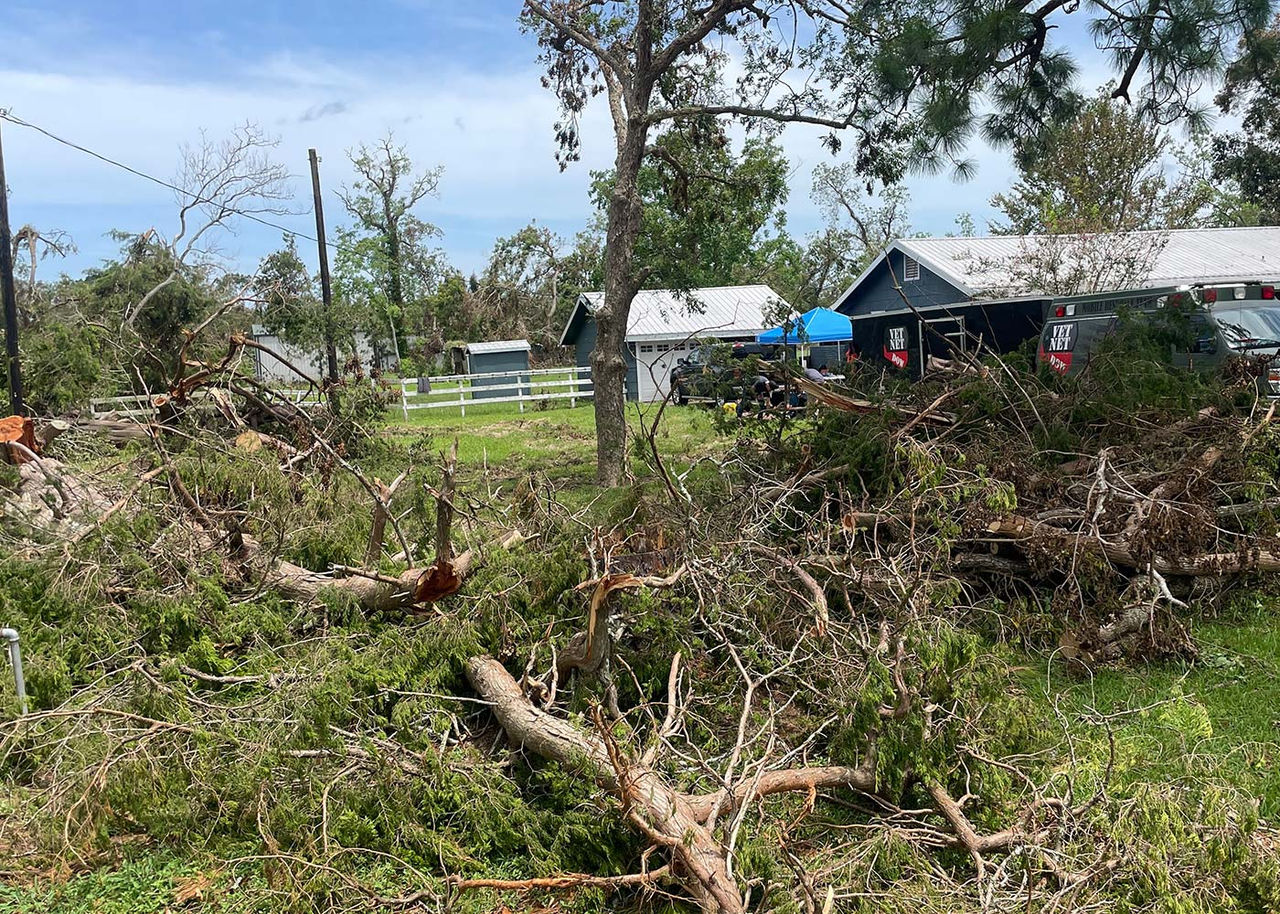
Hurricane Beryl was a significant weather event that formed in the Atlantic Ocean in 2024. Its powerful winds and heavy rainfall impacted various regions and coastal areas as it made landfall.
One Team Dow member in Freeport, Texas shared how damaged powerlines, fallen trees and scattered debris impacted not only their community but home. They experienced structural damage to their roof, a crushed air conditioning unit, and temporary relocation. The financial support of the Fund helped cover some of the immediate needs while understanding from their leaders and teams helped relieve pressure of work and so they could focus on recovery.
“It was comforting to know that my family and I weren't going it alone. My team was there for me and so were company resources.” – Team Dow colleague
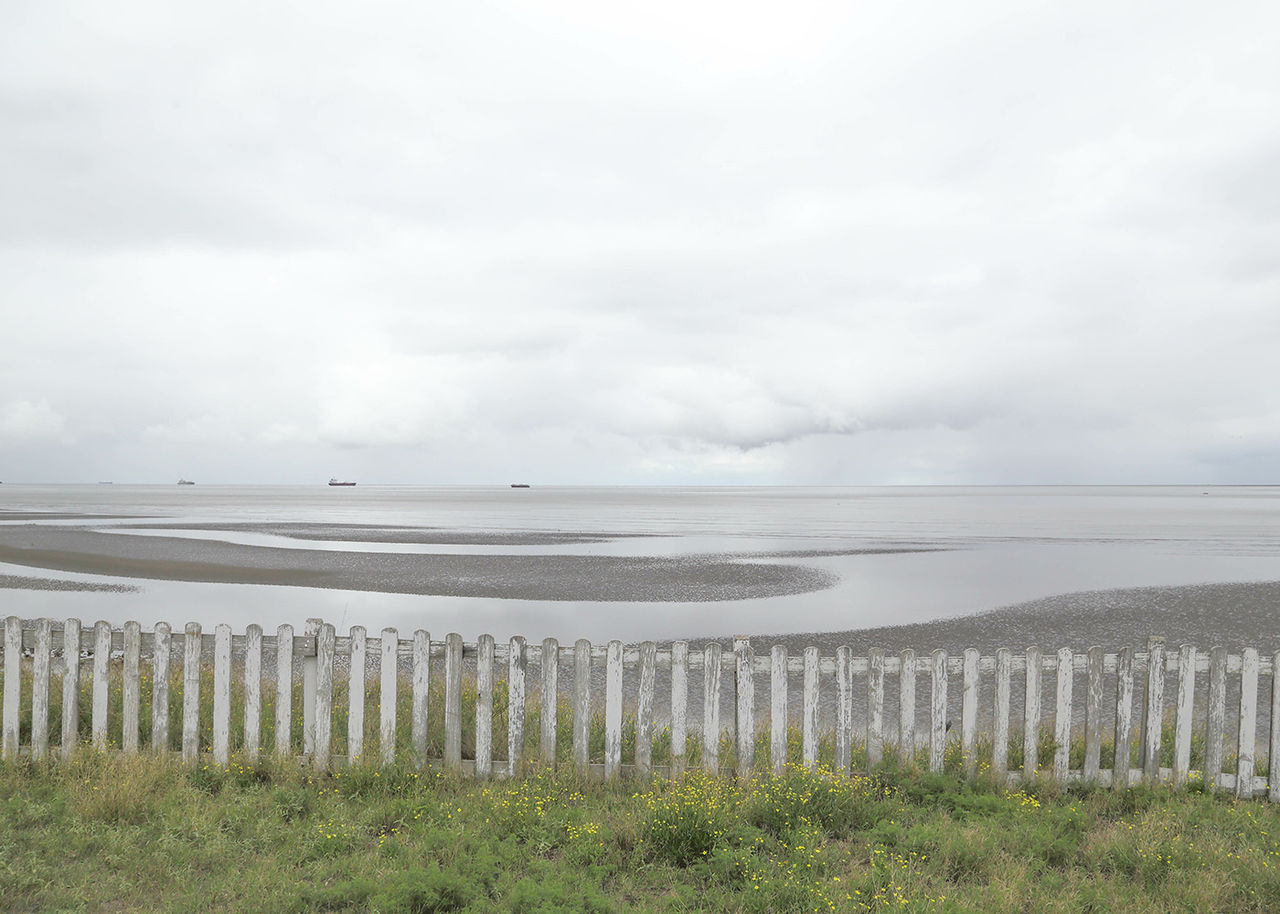
In late 2023, Bahia Blanca, Argentina experienced a severe wind event, impacting access to services such as electricity and water, as well as urban infrastructure and homes. The damage predominately impacted neighborhoods far from the city center, and fallen electric power poles and trees made it difficult to restore electricity and access to water.
"On December 16, 2023, a devastating storm hit our city, leaving it deeply affected. One year after the storm, we have demonstrated extraordinary resilience, unwavering commitment, and a profound sense of community. From the very beginning, we mobilized to support the community of Bahía Blanca and Ingeniero White. In collaboration with the Fundación de la Universidad Nacional del Sur and United Way Argentina, we purchased food and hygiene products. Additionally, we actively participated in the reconstruction of Primary School No. 58 and three local sports clubs. We also donated 320 tons of roofing sheets to help rebuild the city's damage. Thanks to the great effort and dedication of all collaborators, the Bahía Blanca site was able to safely resume its operations. The collaboration and commitment demonstrated by everyone were essential to overcoming the challenges and ensuring that our activities resumed efficiently and without setbacks.
This year, we not only rebuilt buildings and operations; we also rebuilt trust, hope, and bonds." – Paula Woolbert, Lead Site Manufacturing Director, Bahia Blanca.
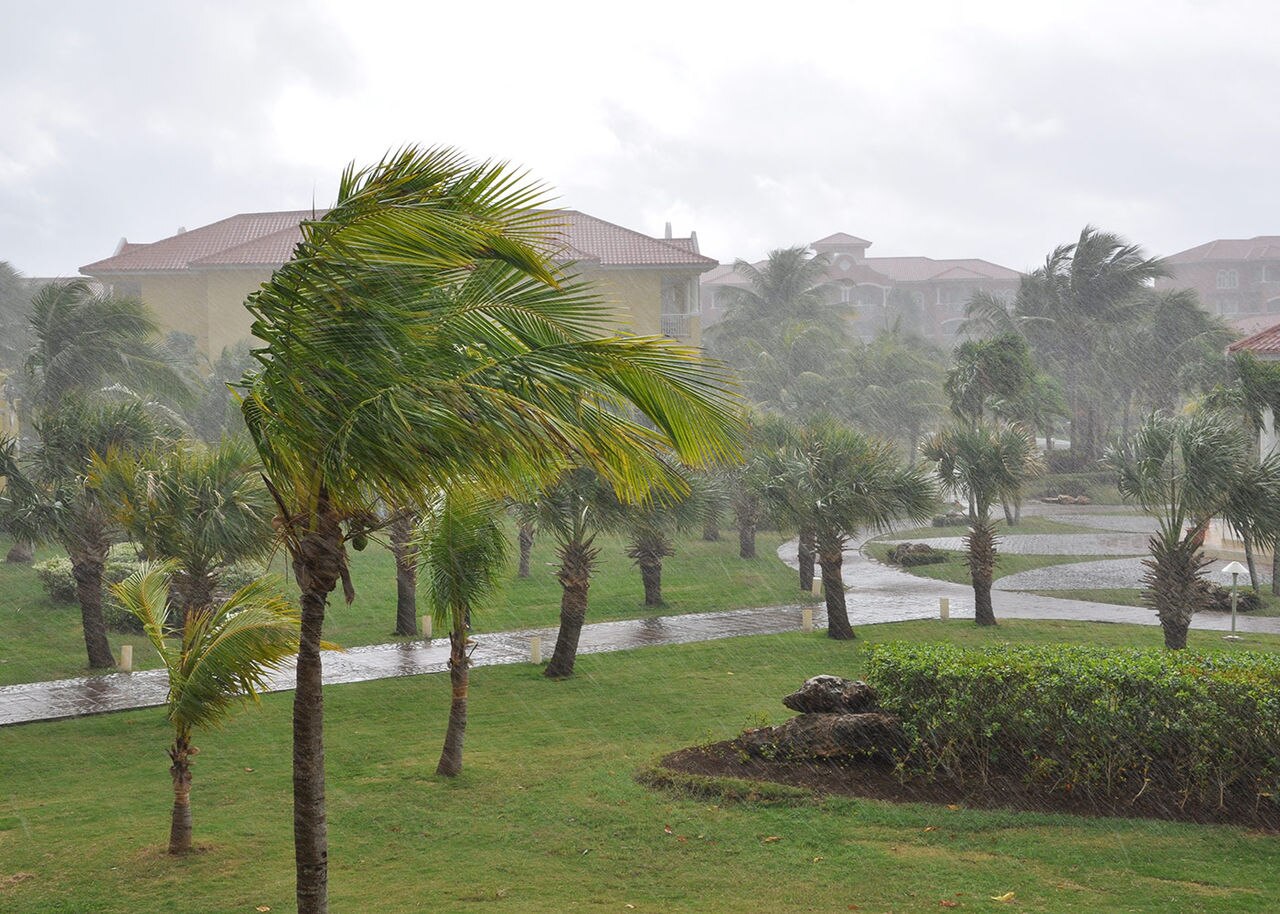
In 2024, thousands of Houston, Texas residents experienced a derecho – a wide-spread windstorm that typically produces destruction in a straight path. This long-lasting storm produced tornadoes and destructive winds up to 100 miles per hour. For many residents, this storm came fast with little warning, leaving millions impacted.
A local Dow employee recalls how the storm caused trees to fall into their home. Their back door was blown off its hinges, and they lost power for multiple days, causing them to temporarily relocate. With the list of damages and their associated costs piling up, the additional support from the Fund was an unexpected help.
“In large companies, you can sometimes feel like a number, but investing in me – when it doesn’t have anything to do with my professional growth but rather my wellbeing – is appreciated.” – Team Dow colleague
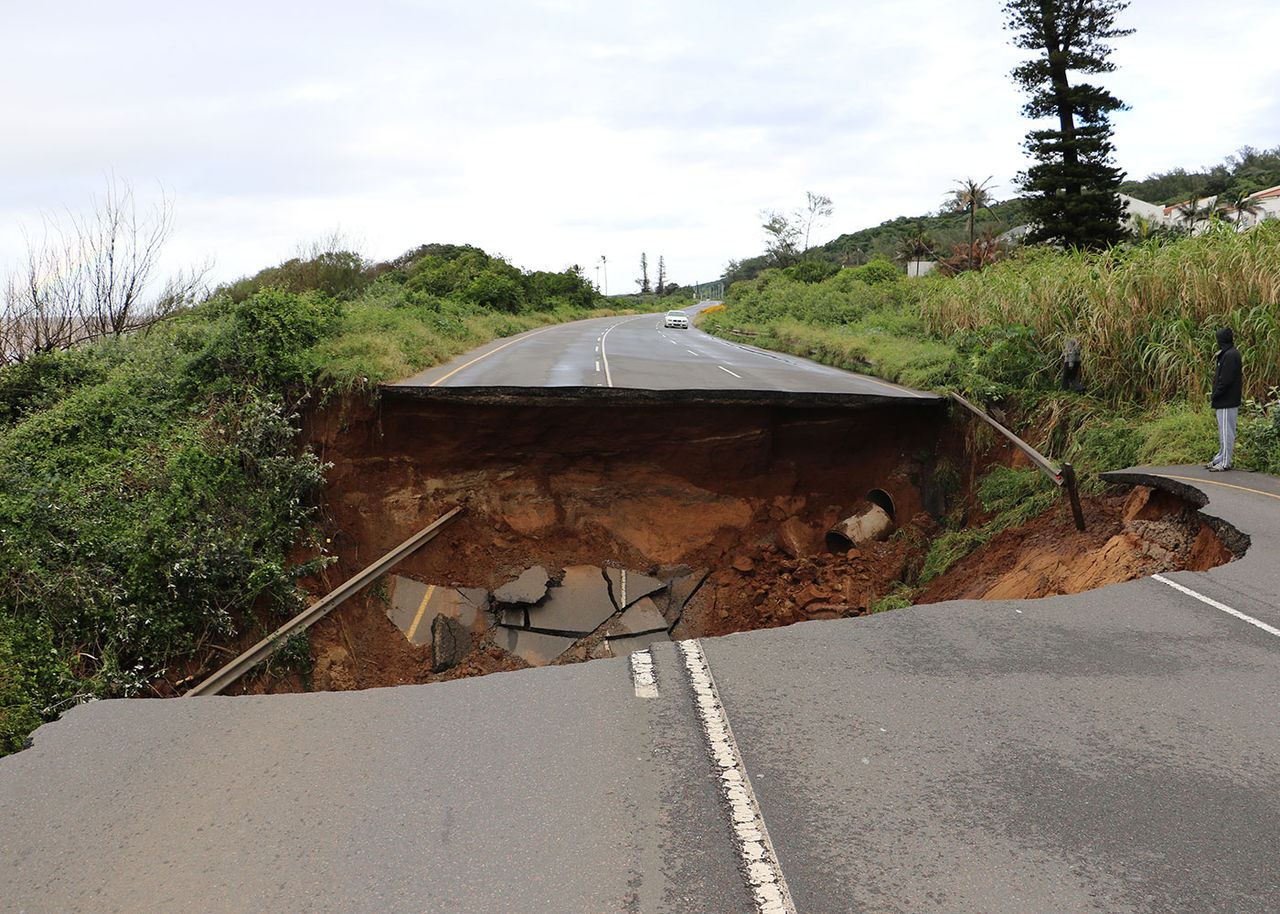
In April 2022, areas across South Africa were impacted by severe flooding and landslides caused by heavy rainfall, particularly in the Provinces of KwaZulu-Natal and Eastern Cape. According to national authorities, more than 60,000 people were displaced, while nearly 6,000 houses were destroyed and more than 8,000 others were damaged, mostly across Durban City and its surrounding areas. It also severely damaged infrastructures such as roads, health centers and schools, leading to a national state of disaster declaration.
With two sites in South Africa at the time, including one in Durban, Team Dow looked to provide immediate and long-term support where able. This included financial support through the Dow Employee Relief Fund as well as Meals on Wheels Community Services. Assistance from Dow included food hampers and blankets to over 300 families, and in total, as part of the outreach, Meals on Wheels delivered more than 40,000 meals, blankets and clean water.
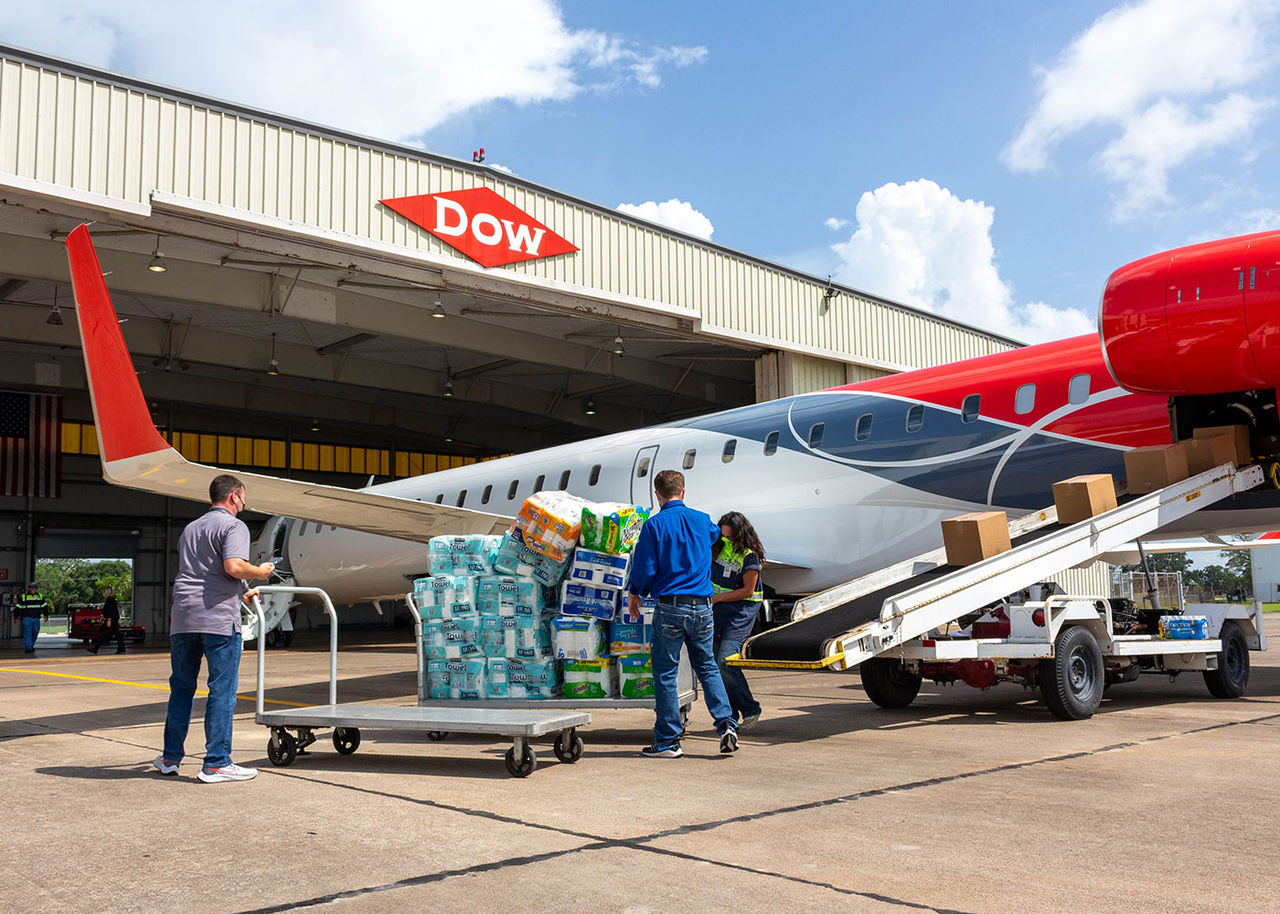
Hurricane Ida was a powerful storm that originated in the Atlantic Ocean. In 2021, it made landfall on the United States Gulf Coast, and primarily affected Louisiana, Mississippi, and Alabama. Ida caused severe flooding, power outages, and extensive damage, leading to significant long-term recovery efforts.
In Louisiana, a Dow colleague recalls how the category four storm passed right over their house. They subsequently lost power for over a month and sustained thousands of dollars of damage to their home. Stepping into action, Dow committed to relief and resiliency efforts, and provided impacted employees with supplies like generators, gasoline, and in-window air conditioning units. Additionally, through the Fund, one employee was able to use the financial support for day-to-day essentials and as a deposit for roof repairs.
“My family was supported with gas, food and laundry, allowing me to get back to work when a lot of folks didn’t for months. Money is good, but there’s a level of comfort that’s there too.” – Team Dow colleague
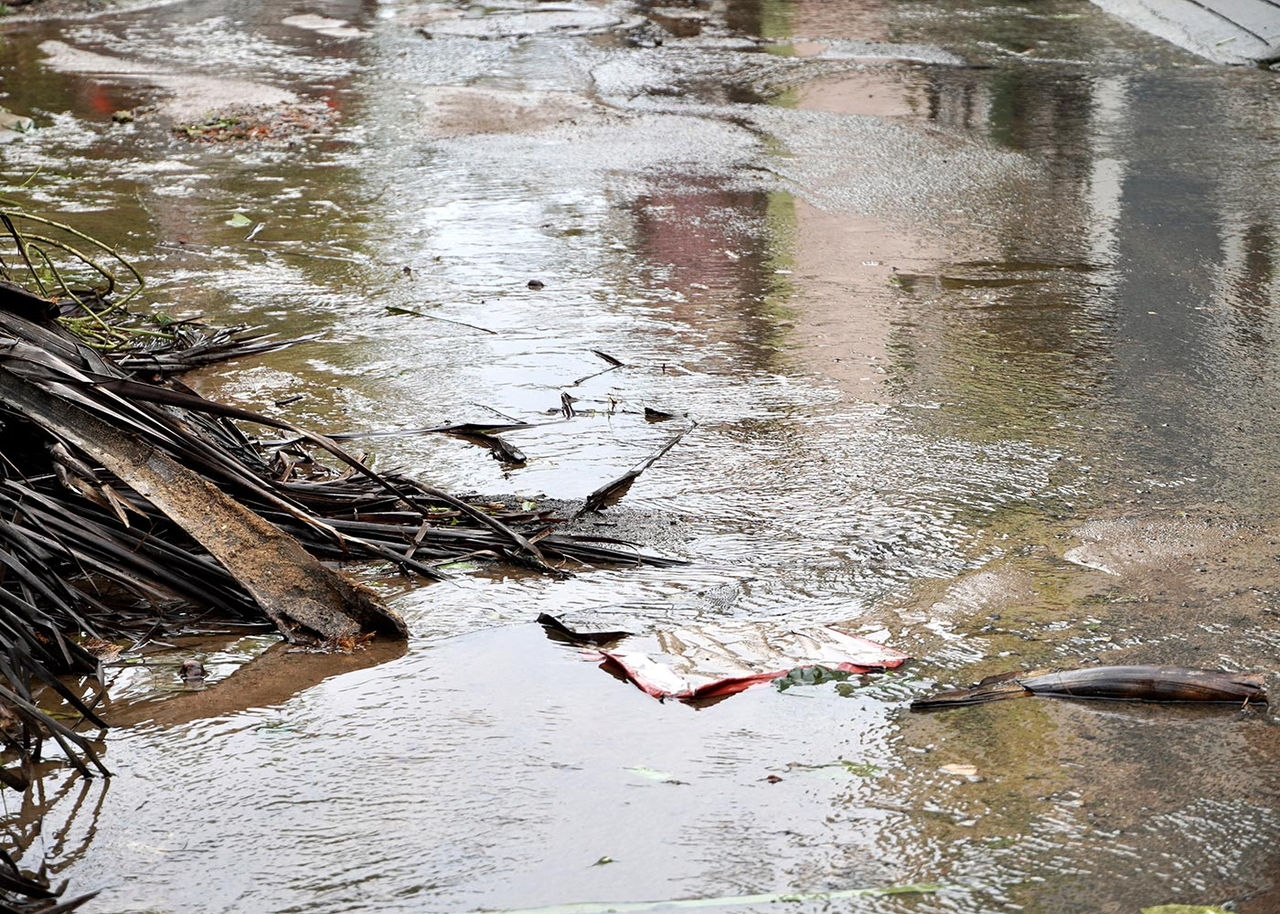
Cyclone Michaung was a weather event that developed into a severe cyclonic storm and impacted southern India in December of 2023. The event had far-reaching impacts, with wind speeds of 80-90 kph and gusts up to 100 kph. In response, the Tamil Nadu government declared a public holiday and advised private companies in the Chennai, Chengalpattu and Kancheepuram districts to implement work-from-home policies.
A certified Great Place to Work®, Dow Chemical International Private Limited (Dow India) employs over 1,000 people over six locations across India, including three manufacturing sites, three Centers of Excellence and one commercial office. When disaster hit, Dow supported employees through the Fund providing access to immediate essentials, helping colleagues rebuild their lives and restore a sense of normalcy.
“In the face of adversity, our collective strength and compassion are our driving forces. When Cyclone Michaung hit our site, we witnessed the incredible resilience and dedication of our team. Their support for each other and their communities was truly inspiring. As we extend our hands and hearts to those affected by the floods, we are reminded of the resilience and unity that define us. I am immensely proud of the strength and solidarity demonstrated by everyone." – Ahmed El-Mahdy, Senior Director, Central Engineering Chennai, Dow India
The Dow Employee Relief Fund is made possible through contributions from Dow, as well as generous donations from colleagues worldwide. When someone makes an investment to the Fund, they are helping people around the globe recover from times of crisis.
The dynamic and sometimes volatile realities of our world continue. But one thing does not change—our top priority—the safety and wellbeing of our colleagues, our operations, and the communities where we do business. Our ability to drive innovation to help address the world’s most challenging problems is rooted in the health, safety, and resiliency of our employees and neighbors.
This case study was developed by a cross-discipline team representing geographic and corporate citizenship expertise across Dow, Inc. To learn more about how Dow is accelerating positive social change and creating a sustainable future, visit the Company’s Purpose in Action pages.